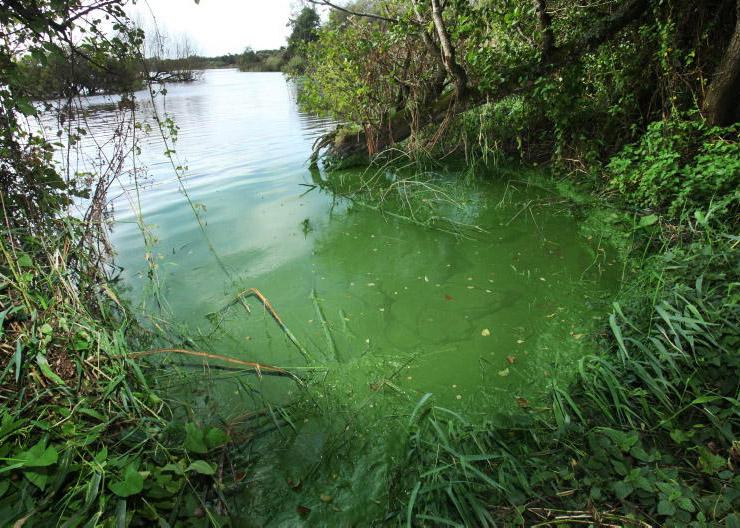Banning the use of phosphate fertiliser on grassland is one of the options being discussed within DAERA, in response to algal blooms in local water bodies this summer.
A steering group established within the department has produced a water quality report, which includes policy options for an incoming Executive at Stormont to consider.
Following a meeting with DAERA, Mid Ulster MLA Patsy McGlone said one of the options that may need to be considered is “reducing or eliminating the use of chemical phosphorus fertiliser on grassland”.
“The department has advised that they would have a report with 113 recommendations on moving forward and that report would be ready by beginning of February 2024,” the SDLP politician said.
A key factor behind algal blooms in Lough Neagh and other waterbodies this summer was excessive phosphorus levels in local waterways, with most of this coming from farms.
According to McGlone, another policy option to be considered is the development of a fertiliser database, presumably similar to what is being rolled out in the Republic of Ireland at present.
This requires all farmers to record details of the fertiliser they purchase, spread, and store over the winter through an online portal.
A public consultation on a revised Nutrients Action Programme, which covers rules around slurry storage and spreading, is another issue for a new Executive at Stormont.
Non-agricultural sources of nutrients need to be addressed too, particularly as a recent study by the Agri Food and Biosciences Institute found 24% of phosphorus in NI waterways comes from wastewater and 12% is due to septic tanks.
McGlone said options to be considered in this area include “prioritising investment in the wastewater treatment works” and “upgrading domestic wastewater treatment systems”.
The SDLP is continuing to push for a new environmental protection agency to be established in NI, which is separate from DAERA.
“The future well-being of the Lough will be dependent on the establishment of a fully independent Environmental Protection Agency to enforce regulations,” McGlone said.










SHARING OPTIONS